QuestionQUESTION: Hi
My name is Ashley
I have a blood parrot, it is not fully grown and it has laid eggs in my tank. I only have the one parrot but she has gotten really aggressive towards my other fish in the tank when they go near the eggs and she has not been eating she stands close guard over them. I called a pet store and they told me where parrots are hybrids they cant have eggs, but mine has so I am just wondering if they would even be fertile where theres no male in the tank or what should I do?
Thank you for your time
Ash
ANSWER: Hi Ashley,
First, get a new pet store :)
Parrot cichlids are indeed hybrids but they can definitely lay eggs. The eggs can't be fertile not because she is a hybrid, but because there is no male in the tank to shoot sperm on them.
If there were a male in the tank, they might or might not be fertilized because sometimes hybrid fish do have troubles making viable eggs, i.e., eggs that can develop properly.
In your case, since there is no male, the eggs will eventually turn white and die. She will guard them for a few days and then she will eventually eat them. This doesn't do her any harm. In fact, I have had some female cichlids (that were alone in a tank) do this on almost a regular schedule every few weeks.
The one danger is that if there are other fish in the tank, she will get very aggressive in guarding the eggs (as you have seen) and this can be dangerous or worse for other fish that venture too close to her eggs.
-- Ron
rcoleman@cichlidresearch.com
Cichlid Research Home Page <http://cichlidresearch.com>
---------- FOLLOW-UP ----------
QUESTION: So would it be okay just to remove the eggs so she wont be so aggressive?
AnswerHi Ashley,
Yes, you could do that. Be careful, she will likely try to bite you. The biting won't likely do any real damage to your hand but it may surprise you at how persistent she can be towards your hand.
-- Ron
rcoleman@cichlidresearch.com
Cichlid Research Home Page <http://cichlidresearch.com>

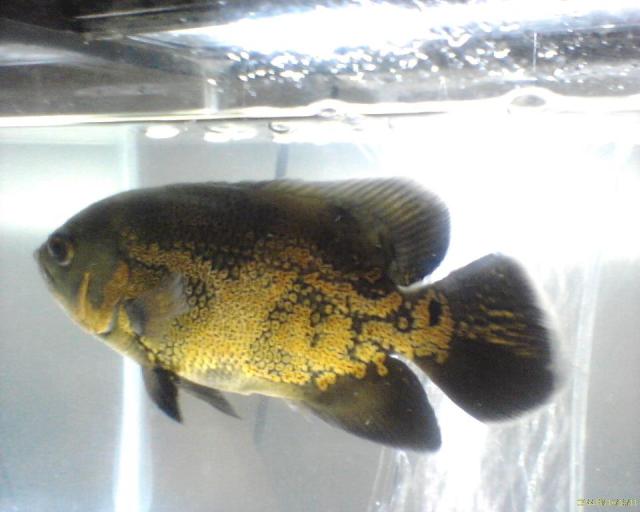 Need advice for optimal treatment of my tiger oscar Odie :)
QuestionQUESTION: Hi Jaymie my name is Melissa and my O
Need advice for optimal treatment of my tiger oscar Odie :)
QuestionQUESTION: Hi Jaymie my name is Melissa and my O
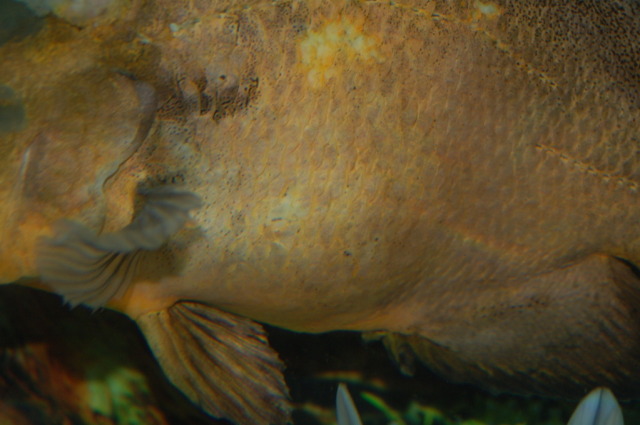 Lump On Oscars Side(s)
Question
Lump Bigger of Left Si
Hello I have an Oscar T
Lump On Oscars Side(s)
Question
Lump Bigger of Left Si
Hello I have an Oscar T
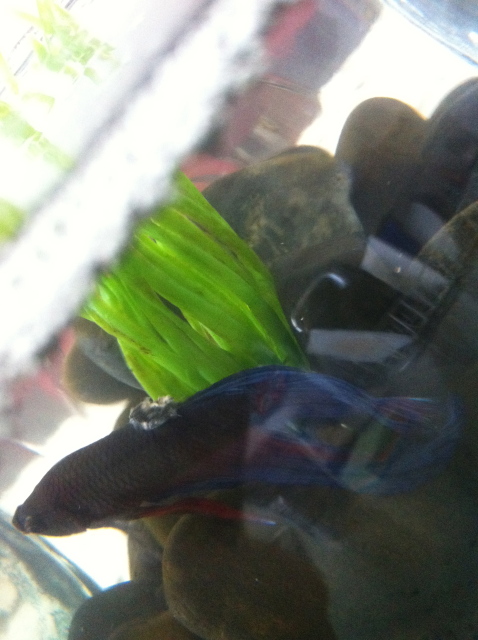 Siamese fighting fish has weird white growth
Question
white growth
Siamese fighting fish has
Siamese fighting fish has weird white growth
Question
white growth
Siamese fighting fish has
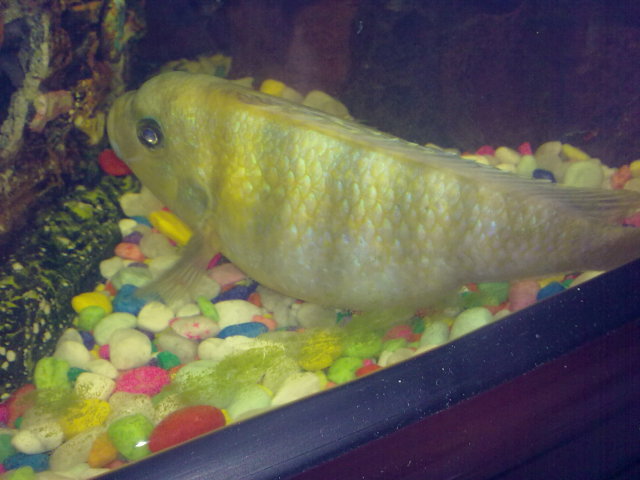 swollen stomach
Question
Swallen Mbuma
my mbumas got a really swollen u
swollen stomach
Question
Swallen Mbuma
my mbumas got a really swollen u
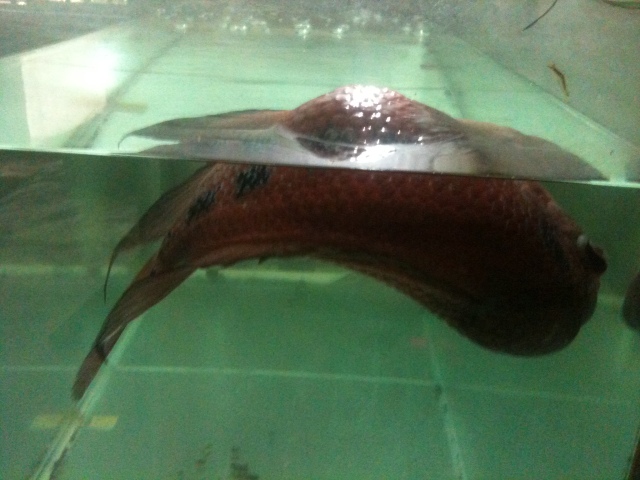 Flowerhorn bloating stomach
Question
Flowerhorn Bloated Sto
It has been 2-3
Flowerhorn bloating stomach
Question
Flowerhorn Bloated Sto
It has been 2-3